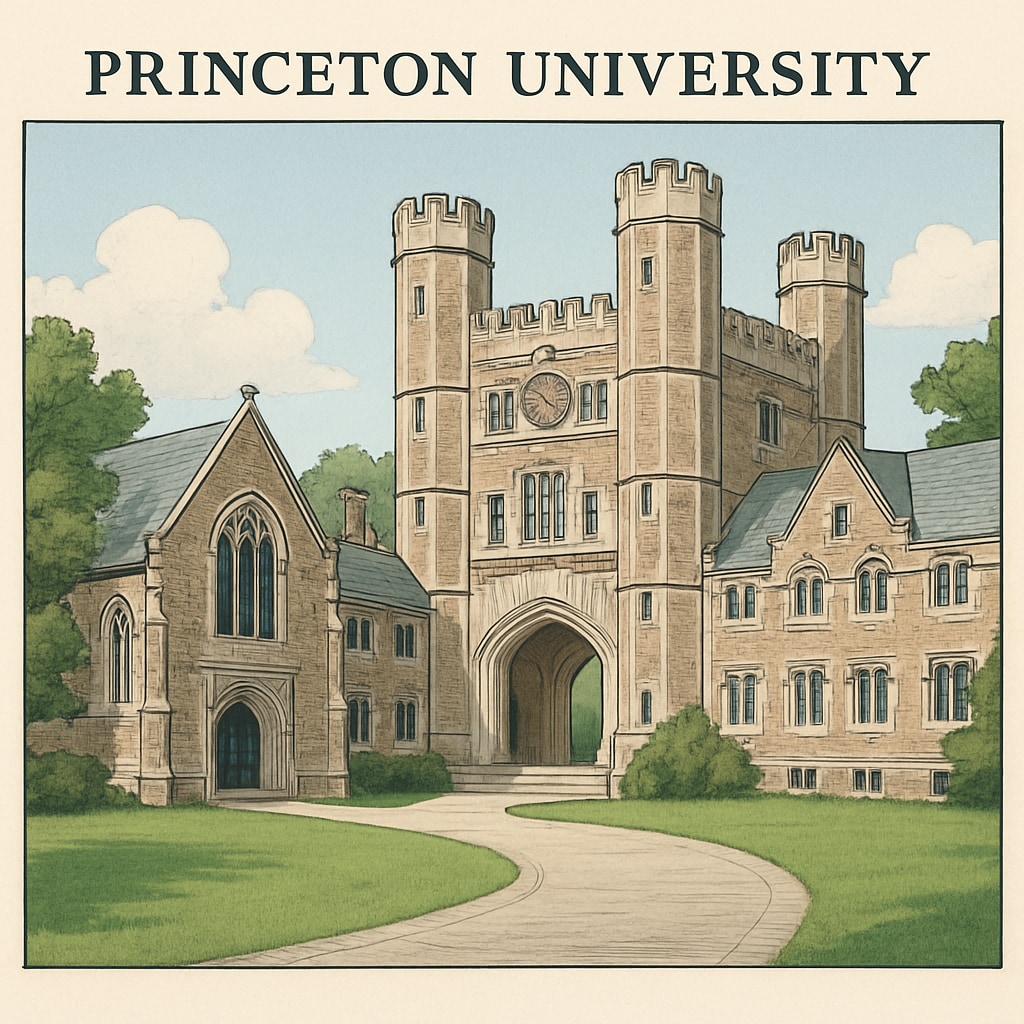For decades, Ivy League schools, including Princeton, have been synonymous with academic excellence, professional success, and social prestige. However, are these institutions truly worth their reputation, or is their value overstated? This article critically examines the perceived superiority of Ivy League education, focusing on Princeton, and discusses the broader societal implications of blindly chasing elite schools.
Reputation vs. Reality: Is Ivy League Education Overrated?
The Ivy League schools, including Princeton, are often viewed as the pinnacle of higher education. Their graduates are celebrated as leaders across industries, and their campuses are adorned with historical significance and architectural grandeur. Yet, the question arises: does the actual educational experience justify the hype?
Critics argue that while these institutions boast exceptional faculty and resources, the quality of education is not inherently superior to that of other top universities or liberal arts colleges. A 2020 study by the National Bureau of Economic Research revealed that the perceived “elite advantage” of Ivy League schools diminishes when controlling for students’ socioeconomic backgrounds and pre-college achievements. In other words, much of the success attributed to Ivy League graduates stems from their pre-existing advantages rather than the transformative power of the institutions themselves.

The Obsession with Prestige: Root Causes and Consequences
The relentless pursuit of Ivy League admissions is deeply rooted in societal perceptions of success. For many families, securing a spot at Princeton—or any Ivy League school—is seen as a golden ticket to upward mobility. Unfortunately, this mindset often leads to undue stress for K-12 students, who bear the weight of unrealistic expectations.
Moreover, this obsession perpetuates a narrow definition of success, overlooking alternative pathways that lead to personal and professional fulfillment. For example, public universities and smaller private colleges often provide equally rigorous academic programs, with the added benefit of smaller class sizes and a focus on teaching rather than research. Yet, these institutions are frequently undervalued in the shadow of Ivy League dominance.
It’s also worth noting the financial burden associated with attending an Ivy League school. While many of these institutions offer generous financial aid packages, the sticker price for tuition, fees, and living expenses can exceed $75,000 per year. This raises the question: is the return on investment as significant as advertised?

Princeton: A Case Study in Overestimated Value
Princeton University is often lauded for its intimate class sizes, renowned faculty, and picturesque campus. While these attributes are commendable, they do not necessarily guarantee a superior educational experience. For instance, smaller class sizes are not unique to Princeton; many liberal arts colleges offer similar, if not smaller, student-to-teacher ratios. Additionally, while Princeton excels in certain disciplines, other universities outperform it in areas like engineering, computer science, and business.
Furthermore, the emphasis on exclusivity and selectivity has its downsides. Princeton’s acceptance rate hovers around 4%, making it one of the most competitive institutions in the world. However, this exclusivity often fuels elitism, creating an environment where privilege is disproportionately concentrated. As a result, the diversity of thought and experience that should enrich the educational process is sometimes compromised.
Rethinking the Metrics of Success
It’s time for parents, students, and educators to reconsider what defines a “good” education. Rather than fixating on brand-name institutions, the focus should shift to finding schools that align with a student’s individual goals, interests, and learning style. For some, that may mean attending a state university with a strong engineering program; for others, it might mean pursuing a specialized trade or starting a business straight out of high school.
Additionally, fostering critical thinking, resilience, and adaptability should take precedence over chasing prestige. These qualities are far more indicative of long-term success than the name on a diploma. As the job market evolves, employers are increasingly prioritizing skills and experiences over alma maters. This trend further underscores the need to broaden our understanding of educational value.
In conclusion, while Ivy League institutions like Princeton undoubtedly offer exceptional opportunities, their reputation as the ultimate measure of educational success is overstated. By challenging these myths and embracing a more holistic approach to education, society can move toward a more equitable and inclusive future.
Readability guidance: This article uses concise paragraphs, clear transitions, and accessible language to ensure readability. Active voice is prioritized, and lists are employed to summarize key points where appropriate.


